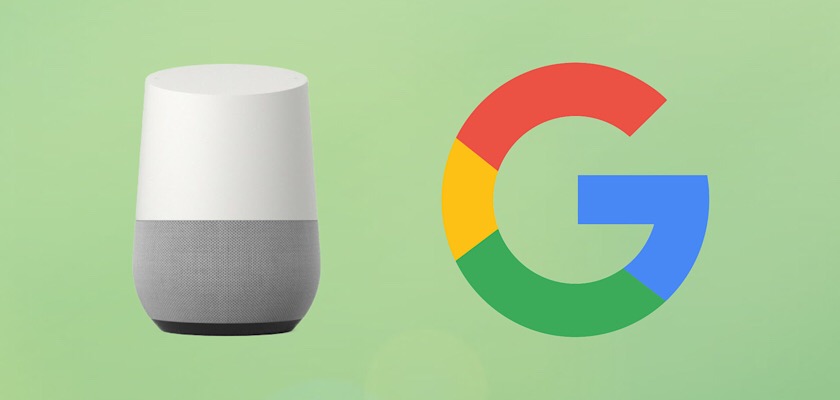Google has responded to recent media reports about Google employees eavesdropping on people via Google Home smart speakers and the Google Assistant app with a statement admitting that some people do indeed listen to recordings that are made through these products.
In a statement posted to the Google blog, the company said:
“As part of our work to develop speech technology for more languages, we partner with language experts around the world who understand the nuances and accents of a specific language. These language experts review and transcribe a small set of queries to help us better understand those languages. This is a critical part of the process of building speech technology, and is necessary to creating products like the Google Assistant.”
The statement adds that a Dutch subcontractor featured in the media reports violated Google’s data security policies by leaking confidential audio data and that Google is conducting a full review of its safeguards in this space to prevent misconduct like this from happening again.
Google goes on to say that language experts only review around 0.2% of all audio snippets and that it has safeguards in place to prevent “false accepts” – instances where Google Home or Google Assistant start recording without hearing the activation phrase.
However, what’s most notable about Google’s response is that it doesn’t deny any of the concerning claims that were made in the media reports.
The media reports were based on a story from the Belgian outlet VRT News which claimed that “Google employees are eavesdropping, even in your living room.” The reporters at VRT News said they listened to more than a thousand audio excerpts recorded via Google Home and Google Assistant and were able to:
- Hear addresses and other sensitive information.
- Locate people featured in the recordings based on this sensitive information.
- Talk to a Google subcontractor who let them take a look at the system that collects audio via Google Assistant.
- Hear 153 conversations that were recorded without the “OK Google” activation command being clearly given. These conversations included bedroom conversations, conversations between parents and the children, blazing rows, professional phone calls with private information, medical questions, people searching for porn, and even conversations where people appeared to be in distress.
Google’s statement corroborates what many previous reports have confirmed – if you use a smart speaker or virtual assistant, you may be recorded without your knowledge and a human may listen to these recordings.
A few months ago, reports suggested that Amazon staff can also listen to your Alexa conversations and just last week, Amazon admitted that it keeps your Alexa transcripts forever.










